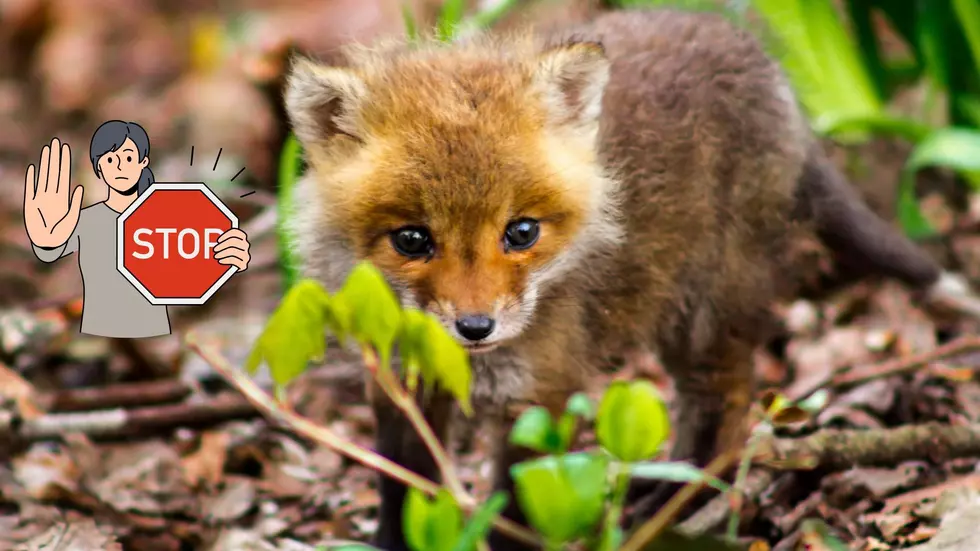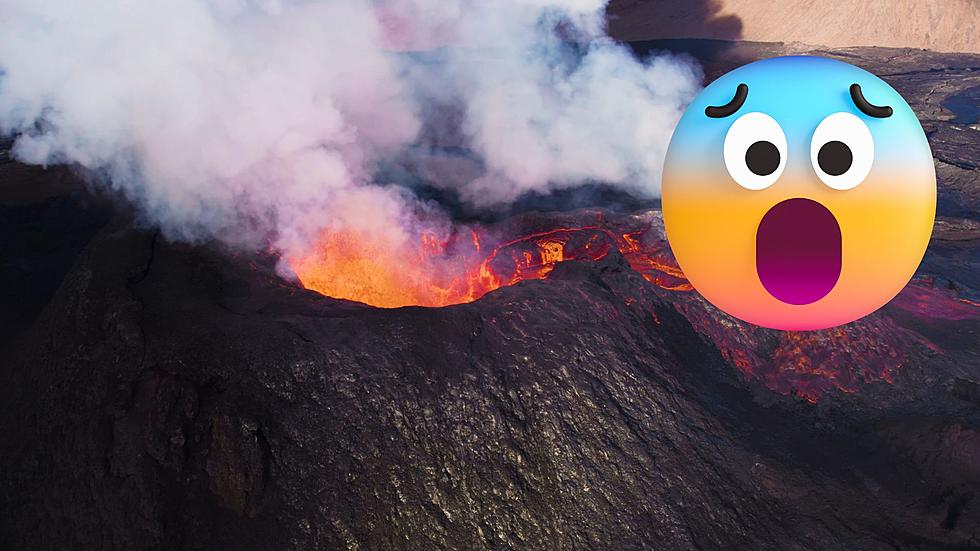
North Dakota Wildlife Etiquette: How To Safely Interact With Baby Animals
North Dakota's vast and diverse landscapes offer ample opportunities for wildlife enthusiasts to witness the wonders of nature, including encounters with baby animals.

While stumbling upon a nest of fledglings or a newborn fawn can be an exhilarating experience, it's crucial to approach these situations with care and consideration for the well-being of the animals and their habitat.
As spring emerges and wildlife becomes more active, it's essential for North Dakotans to be aware of proper protocols for interacting with baby animals. Here are some guidelines to ensure responsible encounters:
Observe from a Distance
When spotting baby wildlife, resist the urge to approach too closely. Many animals, such as deer and rabbits, leave their young unattended for periods to forage for food. Keep a respectful distance and use binoculars or a camera with a zoom lens to observe without causing disturbance.
Leave Them Be
In most cases, baby animals found alone are not abandoned. Mother animals often leave their young hidden in safe locations while they search for food. Avoid touching or moving them, as this can disrupt their natural behavior and potentially lead to abandonment by their parents.
Keep Pets on leashes
If you're walking with pets in wildlife habitats, ensure they are kept on a leash. Dogs, in particular, may be tempted to investigate or chase baby animals, causing stress or harm. Respect wildlife by giving them space and minimizing disturbances.
Report Injured or Orphaned wildlife
If you encounter a baby animal that appears to be injured, orphaned, or in distress, contact local wildlife authorities or rehabilitation centers for guidance. Trained professionals can provide assistance and determine the best course of action for the animal's welfare.
Educate Others
Share these guidelines with family, friends, and fellow outdoor enthusiasts to promote responsible wildlife interaction. By raising awareness, we can collectively contribute to the conservation of North Dakota's diverse wildlife populations.
In North Dakota, preserving the natural environment and its inhabitants is a shared responsibility. By respecting wildlife and adhering to these guidelines, individuals can enjoy memorable encounters with baby animals while safeguarding their well-being for generations to come.
The Longest Films Ever Made
More From KEYZ AM 660









